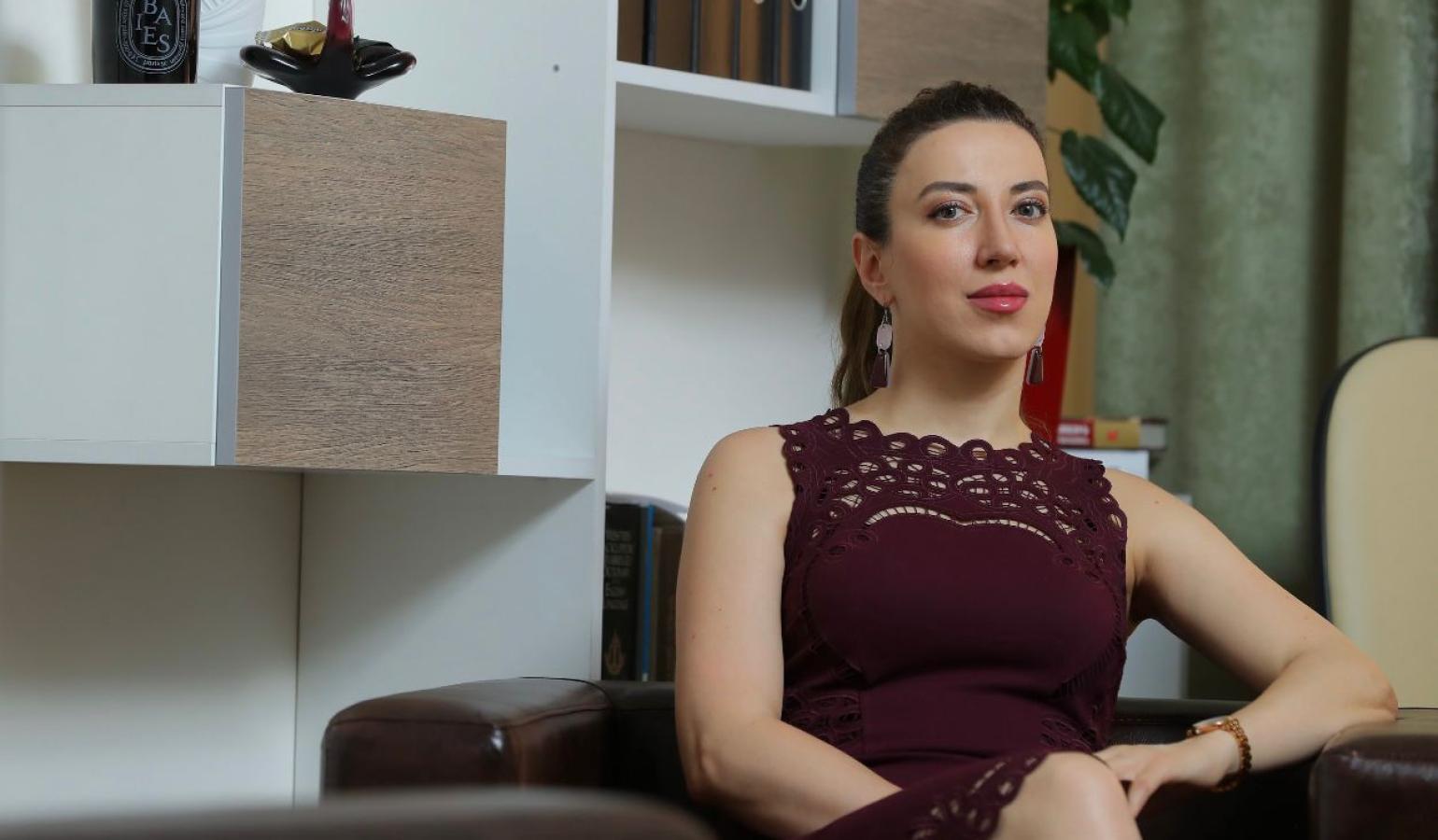
Recently, discussions surrounding Armenian-Azerbaijani relations have gained renewed momentum. This is tied both to the ongoing trials of Armenian prisoners of war and to Aliyev's aggressive rhetoric. Siranush Sahakyan, head of the "International and Comparative Law" Center and human rights advocate, shared her insights on these topics in an interview with the Zhoghovurd newspaper.
She emphasized that Azerbaijan has always had a deconstructive approach and never sought peace.
"Simply to satisfy the international community and, why not, for diplomatic considerations, Azerbaijan has simulated a facade of peace while simultaneously revealing its true face through various pretexts. As aspirations concerning Armenia's territory and the Zangezur Corridor gain relevance in Azerbaijan, narratives are being advanced to justify potential Azerbaijani military actions against Armenia."
Addressing the involvement of the international community in Armenian-Azerbaijani relations, Siranush Sahakyan notes that without such engagement, Armenia would have succumbed to Azerbaijani pressure much earlier. "Only active international involvement can restrain Azerbaijan's actions," she stated.
Siranush Sahakyan does not view the current geopolitical shifts as favorable for Armenia. "These changes have weakened the involvement of certain partners in our region or have led to disagreements within the Western bloc itself. The EU and the US do not demonstrate unified approaches on certain issues, and this weakening of the alliance could have served as a serious counterbalance to, for example, the Azerbaijani-Turkish bloc or their supporters. Unfortunately, at this moment, I do not consider the global developments to be advantageous for Armenia from a security standpoint."
During the conversation, COP29 was also discussed. Sahakyan emphasized that there were certain expectations, but in her view, the absence of the Armenian delegation was already a signal that relations were not progressing positively. “The presence of the Armenian delegation would have been justified if the prisoners of war were released, which did not happen, and, logically, Armenia’s delegation did not attend the event. On a positive note, however, the issue of releasing Armenian prisoners was raised during the event,” she stated.
Speaking about the January 17 trials of Ruben Vardanyan and Arayik Harutyunyan, the human rights advocate reiterated that the proceedings would be purely formal, serving the narratives of Azerbaijan's propaganda machine and presenting information in a one-sided manner. “Alongside these closed trials, there will be public discussions on the cases, but only within the framework of information provided by the state. The outcome is predetermined. Even now, we know that guilty verdicts will be handed down, accompanied by severe sentences in the form of imprisonment. The most common punishment will be life imprisonment or long-term incarceration, spanning 20 years or more. Expecting a different outcome would be naive, as it would not reflect reality in any way,” she emphasized.